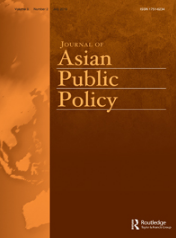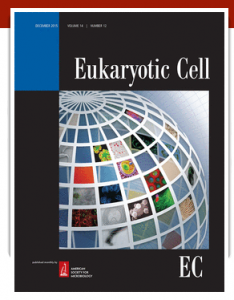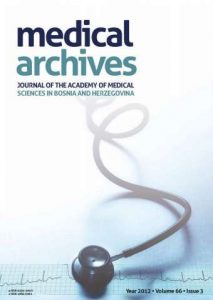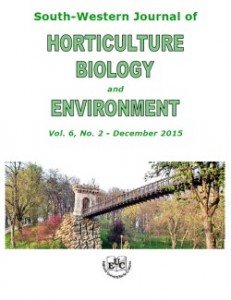
A biologist at the University of Georgia has lost a paper after an investigation revealed she had tampered with three images.
In 2014, Azza El-Remessy notched three retractions for a series of image errors. Now, a fourth retraction notice, and an expression of concern, explain there has been an investigation into her work. The investigation — conducted by two Georgia institutions, along with the Charlie Norwood Veterans Affairs Medical Center, where El-Remessy has additional appointments — has found evidence of misconduct.
The retraction notice for “Oxidative stress inactivates VEGF survival signaling in retinal endothelial cells via PI 3-kinase tyrosine nitration” explains:








